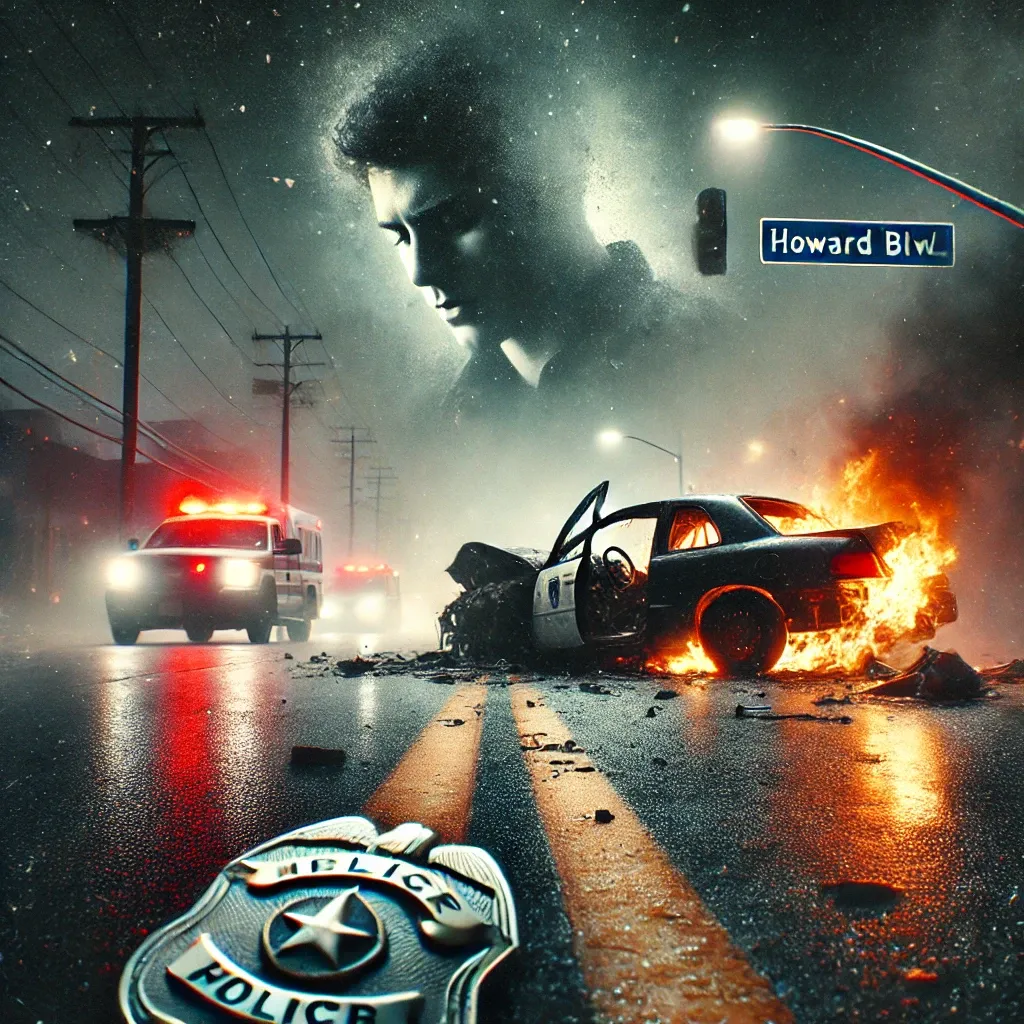A Life Cut Short, a Badge Tarnished: Ex-Cop Pays the Price for Fatal DUI
Former Roxbury officer Gerald Veneziano begins a six-year sentence for the DUI crash that killed 19-year-old Jacob Davis. This tragedy raises tough questions about trust, accountability, and the devastating cost of reckless decisions by those sworn to uphold the law.

What happens when those sworn to protect become the source of devastation? This question hangs heavy as former Roxbury police officer Gerald Veneziano begins a six-year prison sentence for the drunk driving death of 19-year-old Jacob Davis – a bright light extinguished far too soon. But the story isn't just about justice served; it's about a life of promise tragically stolen, and the chilling consequences when authority betrays its trust.
Imagine the scene: Howard Boulevard, a ribbon of asphalt turned into a scene of carnage. A fiery collision. The acrid smell of burning metal. The shattering realization that a young life, brimming with potential, has been violently snuffed out. Veneziano, behind the wheel and allegedly traveling at a staggering 90 mph under the influence, became the agent of that destruction.
But who was Jacob Davis? He wasn't just a victim; he was a force. A Northeastern University student diving deep into the complexities of behavioral neuroscience. A Red Cross certified volunteer with a passion for helping animals. A young man proficient in Japanese, eager to explore the world and make his mark. His mother poignantly stated he was "ready [to] change the [world]", a world he now leaves behind, untouched by his brilliance.
How does a police officer, entrusted with upholding the law, become so tragically entangled in breaking it? "Numerous empty alcohol containers" near his wrecked truck and a blood alcohol level far exceeding the legal limit paint a stark picture of recklessness. Was it a momentary lapse in judgment, or a deeper struggle that culminated in this devastating act?
Veneziano's guilty plea, shadowed by claims of memory loss due to crash-related injuries, adds another layer of complexity. Can true accountability exist when the perpetrator claims to not fully remember the event? And can any sentence truly atone for the irreversible loss suffered by the Davis family?
The court's decision – a minimum of five years and one month behind bars, plus restitution – offers a semblance of justice. But the true weight of the tragedy lies in the void left by Jacob Davis. His story serves as a chilling reminder: even those in positions of power are not immune to the devastating consequences of their choices, and the price of a single reckless act can be a future stolen and a legacy unfulfilled. This case forces us to confront uncomfortable truths about accountability, responsibility, and the fragile nature of life itself.

Comments ()